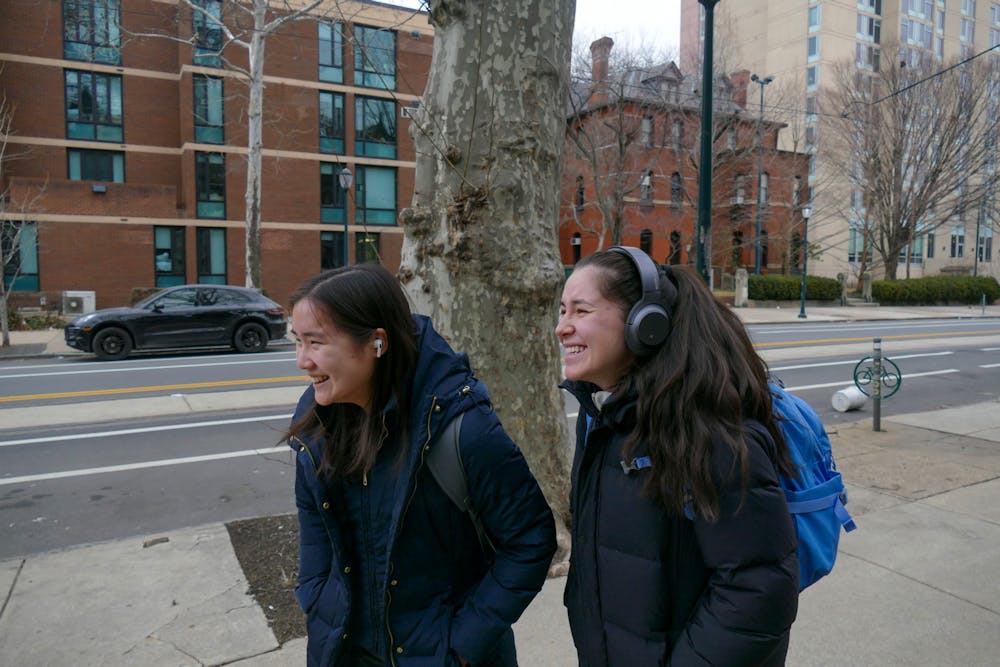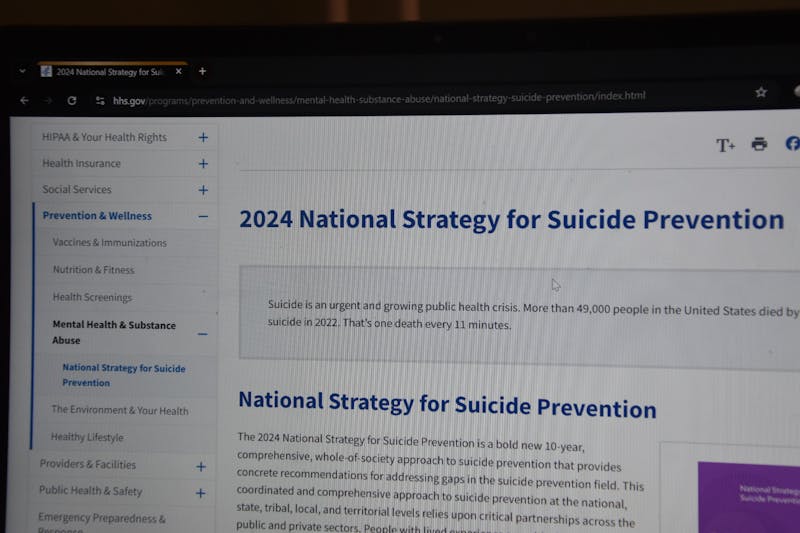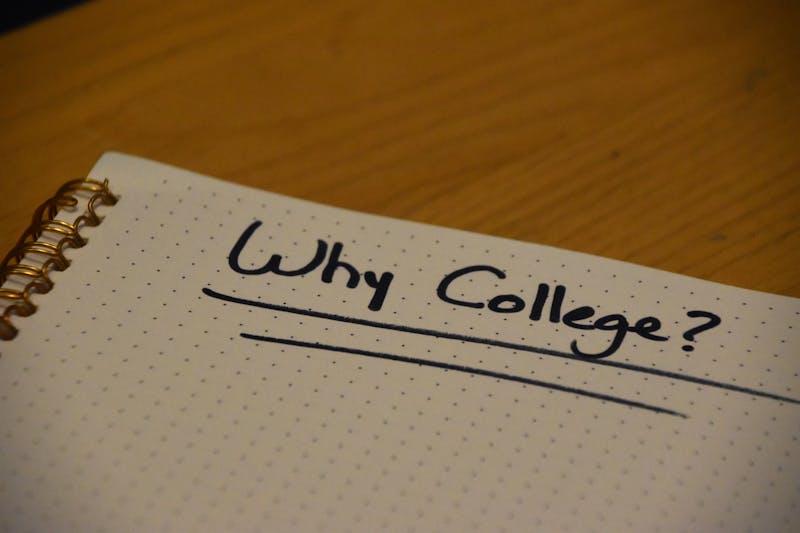
When my Spotify Wrapped came out for 2024, I was surprised at how many hours I spent listening to music. That number was so extreme, I began to wonder if I had an addiction. The more I watched countless people walk throughout campus, headphones in, it became apparent that music is an integral part of our lives. It’s more like a drug than we think. And as such, we ought to be careful about how much we listen.
A recent study found that listening to music causes the brain to release dopamine just like cannabis. This could explain why the phenomenon of over-listening to a song — when you listen to a song so much that you eventually get bored of it. In this way, drugs and music have the same addictive quality where novelty is necessary for enjoyment.
Moreover, music lights up all parts of the brain resulting in a cocktail of emotions. This means that we perceive any moment with our headphones as emotionally enriching. This explains the common notion of what I will call a “movie moment” when listening to music. The feeling of heightened importance to every mundane situation from the dog walking next to you to the tree you pass on Locust. Similarly, many drugs also amplify our ordinary experience with hallucinatory effects.
On the contrary, studies have shown that music also has the ability to dull painful or stressful emotions. This dichotomy of amplifying positive emotions while dampening negative ones is common in many drugs and other substances. In fact, drugs and music are virtually unique in their ability to pull this feat off.
So what? Drugs kill people all the time. And incidents of music killing someone are sparse. While music may not be as potent a killer as drugs, that doesn’t mean over-listening doesn’t carry risks.
One evolutionary theory for music posits that music was originally a means for prehistoric humans to build community because it helped generate shared memories. Just think back to the last time you were at a friendly gathering where music was played and how you felt connected with the people there after the fact, even if they were strangers. However, with the advent of headphones, listening to music has become a more solitary activity. While the experience of listening to music alone can be comforting to some, it is in direct opposition to music’s supposed evolutionary purpose as a group activity.
Music brings back memories regardless of whether we listen to it alone or as a group. However, in my experience, listening alone exacerbates the recall of memories as opposed to when one listens to music in a group setting, say at a party. New research supports this notion, suggesting that the link between a song and a memory associated with it is stronger when there are fewer distractions to pay attention to. Essentially, when in a group, the music is often one element amongst many others that your mind must recognize. When listening to music alone, it becomes a larger part of your mind’s focus. Therefore, solitary listening turns the memory dial to the max, especially when there are few distractions around.
While reminiscing on moments from the past, regardless of where they fall on the emotional spectrum, is not inherently dangerous, an excess of it will likely leave you stranded amongst past memories. Moreover, thanks to the rise of Spotify and other streaming services, we have newfound control over how long we wish to listen to a song. These services allow you to tailor your individual listening experience, providing a gateway into your own personal oasis of music. This depiction of solitary listening is similar to that of people who begin to consume alcohol alone — a tell-tale sign of severe addiction. And just as solitary alcoholism and addiction diminish people's social circles, it seems solitary listening, especially in excess, has a similar outcome.
This doesn’t mean we should all stop listening to music when alone — only that it's time to put more thought into how much of our alone time we spend doing so. At a school where time seems to fade in an instant, it is sometimes best to spend our inevitable solitary moments as the definition implies — alone.
ROSHAN GOPAL is a first-year student studying mathematics from New York. His email is rgopal@sas.upenn.edu.
The Daily Pennsylvanian is an independent, student-run newspaper. Please consider making a donation to support the coverage that shapes the University. Your generosity ensures a future of strong journalism at Penn.
Donate












